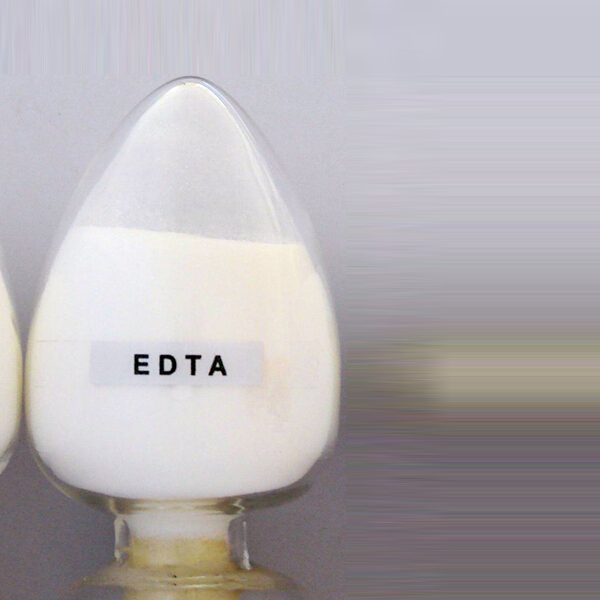
News
Gru . 03, 2024 14:40 Back to list
best micronutrients for plants manufacturer
The Best Micronutrients for Plants A Manufacturer's Guide
In the world of agriculture and horticulture, understanding the essential nutrients required for plant growth is vital. While macronutrients like nitrogen, phosphorus, and potassium often dominate discussions, micronutrients play a crucial role in plant health, development, and productivity. As a manufacturer in the agricultural sector, providing high-quality micronutrient products can greatly enhance the growth and yield of crops. This article explores the best micronutrients for plants and their roles.
Understanding Micronutrients
Micronutrients are elements that plants require in small quantities but are essential for various physiological functions. Unlike macronutrients, which are needed in larger amounts, micronutrients often operate as catalysts in enzymatic reactions, contributing to photosynthesis, respiration, and nutrient assimilation. The most commonly recognized micronutrients include
1. Iron (Fe) Essential for chlorophyll formation, iron helps plants convert sunlight into energy. A deficiency can lead to chlorosis, where leaves turn yellow due to insufficient chlorophyll production.
2. Manganese (Mn) Manganese is involved in photosynthesis and respiration. It activates enzymes necessary for the process and helps in the synthesis of chlorophyll. Deficiency symptoms often appear as interveinal chlorosis.
3. Zinc (Zn) Zinc influences plant growth regulation and is crucial for the synthesis of plant hormones. It plays a role in seed production and affects crop yield. Zinc deficiency can lead to stunted growth and poor fruit development.
4. Copper (Cu) Copper is vital for reproductive growth and acts as a catalyst in multiple enzymatic reactions. It also aids in the formation of lignin in plant cell walls, which contributes to structural integrity.
5. Boron (B) This micronutrient is essential for the development of cell walls and contributes to the formation of pollen and seeds. Boron deficiency can result in poor fruit set and growth abnormalities.
6. Molybdenum (Mo) Molybdenum plays a role in nitrogen fixation in legumes and aids in the conversion of nitrates to amino acids. Deficiency is rare but can cause pale leaves and stunted growth.
7. Chlorine (Cl) Although often overlooked, chlorine is important for osmosis and photosynthesis. It aids in the water-splitting process during photosynthesis and helps prevent wilting.
best micronutrients for plants manufacturer

Sourcing High-Quality Micronutrients
As manufacturers, understanding the sourcing and formulation of micronutrients is vital. Here are several key considerations
- Quality of Raw Materials Sourcing high-quality raw materials ensures that the micronutrient products delivered to farmers are effective. Look for suppliers who provide pure and concentrated forms of micronutrients.
- Formulation Different plants may have varied requirements. Offering tailored formulations that combine multiple micronutrients can effectively meet the specific needs of different crops.
- Bioavailability The bioavailability of micronutrients affects how well plants can absorb these nutrients. Ensuring that your products are in a chelated form or utilizing nano-technology can enhance absorption rates.
- Compatibility Some micronutrients can interact negatively with certain pesticides or fertilizers. Formulating products that are compatible with commonly used agricultural inputs is crucial for promoting overall plant health.
Educating Growers
An essential part of being a successful manufacturer involves educating growers about the importance of micronutrients. Many farmers may focus exclusively on macronutrients, overlooking the critical role of micronutrients in plant health. By providing resources such as brochures, workshops, and online content, manufacturers can help growers understand how to identify deficiencies, how to apply micronutrients effectively, and the benefits of integrated nutrient management.
Conclusion
Micronutrients are vital contributors to plant health, and as manufacturers, recognizing and providing the best micronutrients is essential for promoting agricultural productivity. By focusing on high-quality sourcing, effective formulations, and education, manufacturers can play a significant role in enhancing crop yields and improving overall plant vitality. Adopting a holistic approach that considers both macro and micronutrient needs will lead to healthier crops and, ultimately, a more sustainable agricultural future.
-
Polyaspartic Acid Salts in Agricultural Fertilizers: A Sustainable Solution
NewsJul.21,2025
-
OEM Chelating Agent Preservative Supplier & Manufacturer High-Quality Customized Solutions
NewsJul.08,2025
-
OEM Potassium Chelating Agent Manufacturer - Custom Potassium Oxalate & Citrate Solutions
NewsJul.08,2025
-
OEM Pentasodium DTPA Chelating Agent Supplier & Manufacturer High Purity & Cost-Effective Solutions
NewsJul.08,2025
-
High-Efficiency Chelated Trace Elements Fertilizer Bulk Supplier & Manufacturer Quotes
NewsJul.07,2025
-
High Quality K Formation for a Chelating Agent – Reliable Manufacturer & Supplier
NewsJul.07,2025
